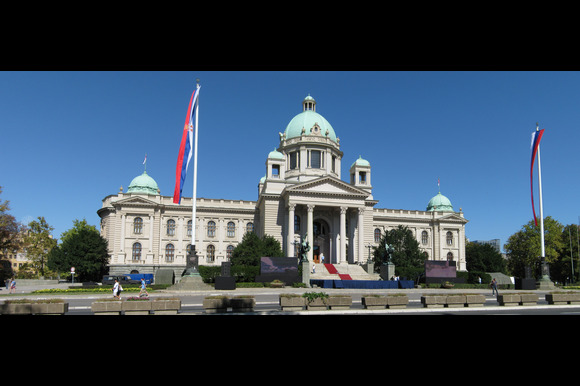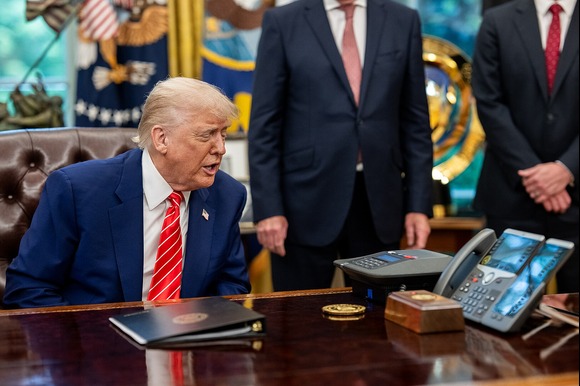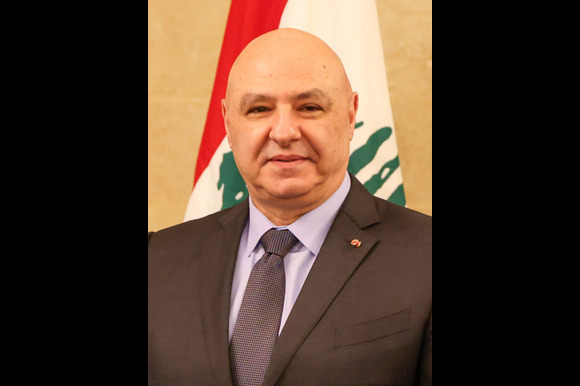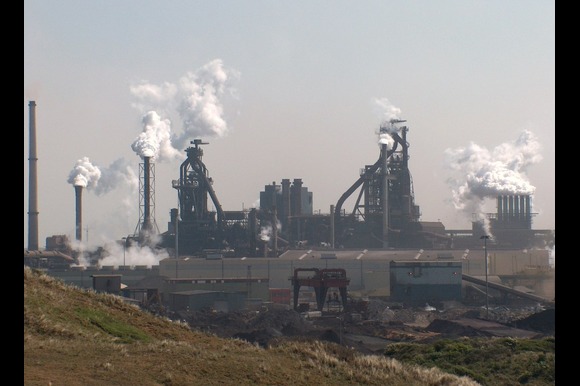
By Boris Dimitrov - Own work, CC BY-SA 3.0,
Serbian opposition legislators have released smoke grenades and tear gas within the parliament as a form of protest against the government and in solidarity with student demonstrators, resulting in one lawmaker experiencing a stroke amid the turmoil.
The spring session of parliament commenced on Tuesday following the approval of the agenda by the ruling coalition led by the Serbian Progressive Party (SNS). In a dramatic turn, several opposition members left their seats to confront the parliamentary speaker, leading to altercations with security personnel. Others proceeded to deploy smoke grenades and tear gas, with live television coverage capturing the scene filled with black and pink smoke. This incident is part of a history of physical confrontations and disruptions within the parliament since the establishment of multiparty democracy in 1990.
Speaker Ana Brnabic reported that two lawmakers sustained injuries, including Jasmina Obradovic from the SNS party, who is currently in critical condition after suffering a stroke. She asserted, “The parliament will continue to work and to defend Serbia,” during the session.
As the session progressed, members of the governing coalition engaged in discussions while opposition lawmakers expressed their dissent through whistling and the use of horns.
The ongoing student-led protests, which have persisted for four months, have garnered support from teachers, farmers, and various other groups, posing a significant challenge to President Aleksandar Vucic’s ten-year tenure, as many citizens voice their concerns regarding government corruption and inefficiency.
Within the parliament, members of the opposition displayed placards that read “General strike” and “Justice for the killed.” Meanwhile, outside the building, demonstrators observed a moment of silence to pay tribute to the 15 individuals who lost their lives due to the collapse of a railway station roof, an event that catalyzed the protest movement.
Protest leaders have organized a significant rally in the capital, Belgrade, set for March 15, in response to the roof collapse at the Novi Sad station that occurred in November, despite the extensive renovations undertaken on the structure. This incident has exacerbated existing frustrations regarding corruption and the perceived inadequacies in oversight of construction and development initiatives within the country.
On Tuesday, the parliament was expected to pass legislation aimed at increasing funding for universities, which has been a primary demand of students who have been occupying faculties since December. Additionally, a discussion regarding the resignation of Prime Minister Milos Vucevic was on the agenda.
However, the inclusion of other items by the governing coalition incited anger among opposition members, leading to a chaotic atmosphere.



